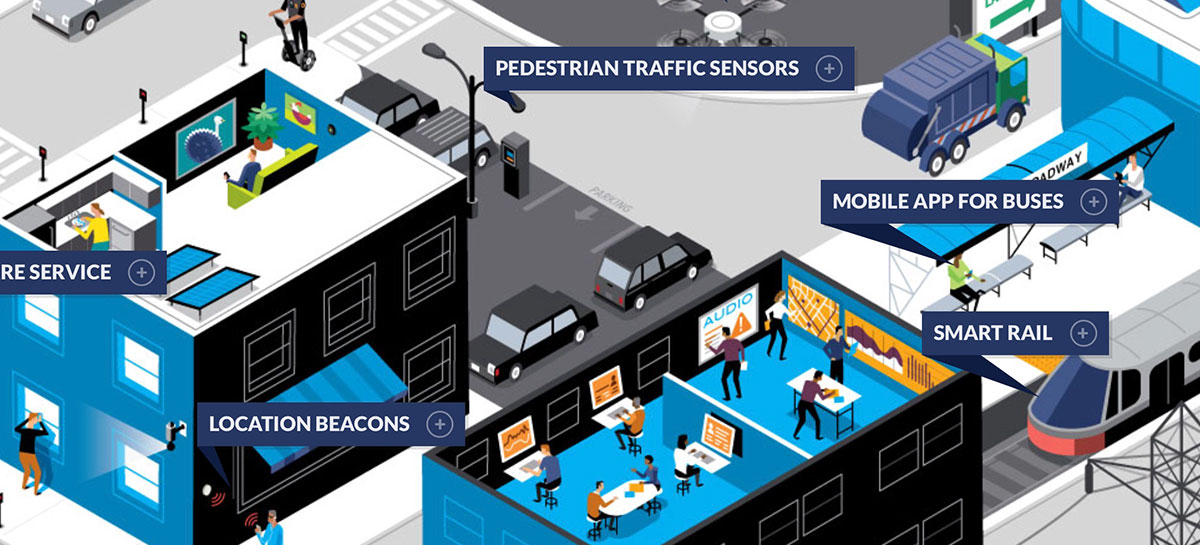
Article 29 Working Party/European Data Protection Board
Guidance, Opinions The Article 29 Working Party published new guidance on data processing in a work environment: Opinion 2/2017. The Opinion makes a new assessment of the balance between legitimate interests of employers and the reasonable privacy expectations of employees by outlining the risks posed by new technologies. Among other observations, the Group underlines that consent is […]

WannaCry About Backdoors
There are many lessons to learn from the spread of the WannaCry ransomware attacks across the globe. One lesson that needs more attention is the danger that exists when a government attempts to create mandatory backdoors into computer software and systems.

Privacy Scholarship Research Reporter: Issue 1, May 2017 – Algorithms: Privacy Risk and Accountability
Notes from FPF Through academic, policy, and industry circles, making progress on the cluster of issues related to algorithmic accountability has become a leading priority. The inaugural issue of the Future of Privacy Forum’s Privacy Scholarship Reporter provides a clear and compelling look into some of the most worrisome problems and promising solutions. Although not […]

Privacy Scholarship Reporter – Issue 1
Algorithms: Privacy Risk and Accountability by FPF Staff Through academic, policy, and industry circles, making progress on the cluster of issues related to algorithmic accountability has become a leading priority. The inaugural issue of the Future of Privacy Forum’s Privacy Scholarship Reporter provides a clear and compelling look into some of the most worrisome problems […]

Shedding Light on Smart City Privacy
Today, the Future of Privacy Forum is releasing a new tool for municipal and technology leaders: a visual guide “Shedding Light on Smart City Privacy.” This tool will help citizens, companies, and communities understand the technologies at the heart of smart city and smart community projects – and their potential impact on privacy.

Future of Privacy Forum Releases Interactive Tool for Understanding the Technologies Powering Smart Cities
Brussels, Belgium – Today, the Future of Privacy Forum (FPF) released Shedding Light on Smart City Privacy, a new tool designed to help citizens, companies, and communities understand the technologies at the heart of smart city and smart community projects as well as their potential impact on privacy. The guide was released by FPF Policy Counsel, Kelsey Finch, during the panel Cities of the Future, Data of the Present: Protecting Privacy and Fostering Development at RightsCon Brussels, a conference exploring the societal impact of technology and policy.

Smart Cities Resources
Sensor networks and always-on data flows are supporting new service models and generating analytics that make modern cities and local communities faster and safer, as well as more sustainable, more livable, and more equitable. At the same time, connected smart city devices raise concerns about individuals’ privacy, autonomy, freedom of choice, and potential discrimination by […]

The Top 10: Student Privacy News (Feb-March 2017)
The Future of Privacy Forum tracks student privacy news very closely, and shares relevant news stories with our newsletter subscribers.* Approximately every month, we post “The Top 10,” a blog with our top student privacy stories. New America has released an ethical framework to help colleges use predictive analytics to benefit students (this report follows their previous report […]

Privacy Papers 2016
The winners of the 2016 PPPM Award are: Law Enforcement Access to Data Across Borders: The Evolving Security and Human Rights Issues by Jennifer Daskal, Associate Professor, American University Washington College of Law Abstract: A revolution is underway with respect to law enforcement access to data across borders. Frustrated by delays in accessing sought-after data […]

Georgetown – FPF: Valuable Partnership and Talent Channel
Each of the last three years, FPF has taken a top Georgetown student and immersed them in the world of privacy. FPF fellows collaborate with advocates, academics, and companies and handle projects that lead to best practices, white papers, codes of conduct, and the like.
